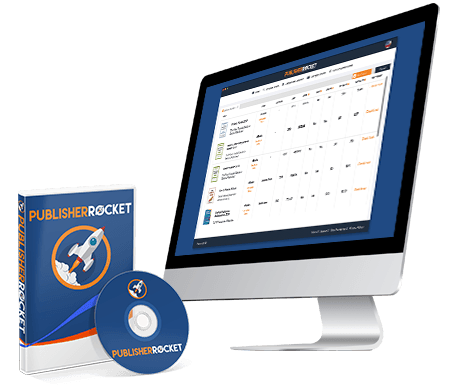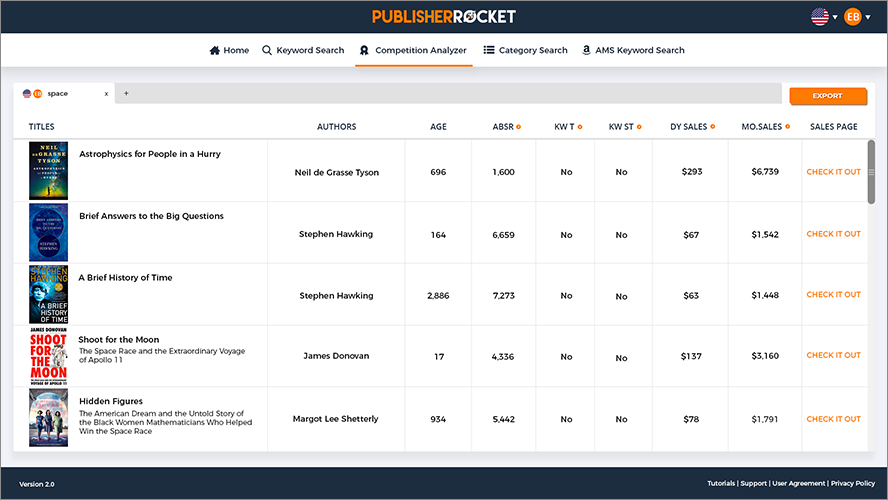


Our topic for today is talking about some of the mistakes authors, as well as ourselves, have made. These are mistakes to not only learn from, but to avoid if you’re just starting to think about self publishing.
Even for established authors, it’s useful to look at past mistakes, learn from them and push forward. That also applies to comparing your mistakes to others successes on social media, which presents a false representation of the struggle of authors.
One such struggle is figuring out what to spend money on as an author, and among the most important elements to consider is the cover. Look at other covers in your book’ genre to see what your readers would most likely respond to. Two tips for planning a cover are do not create the cover yourself, and test the book cover.
“I'm always very honest when people ask me for my opinion on those kinds of things because it is the most important thing before the writing itself. If you sell a book with a bad cover, it doesn't matter how good the writing is. You could have a Pulitzer-quality story, but if people don't engage with the cover enough to open the book, to download a sample, to start reading, the quality of the writing is completely irrelevant.” — Mark Dawson
Another struggle authors face is getting reviews. Don’t just assume they’re going to come in; you have to be proactive about it (and not by gaming the system). This means you have to actually ask your readers and followers for those reviews. But if you don’t ask, you’re not going to get the reviews to add to your sales page.
Better Keywords & Categories Fast
See why over 47,000+ authors and publishing companies use and love Rocket to help them sell more books.
Get Publisher Rocket Now!A mistake a lot of authors make, which we’ll touch on in an upcoming episode, is to put off starting your email list. Having an email list makes it possible to form relationships with your readers and keep them updated with your latest news and releases. And there are plenty of email list services to get you started.
While some may say advertising is a waste of money and time, authors like Mark have found success by learning how advertising works and advises his clients to look into popular advertising sites like Facebook ads, AMS ads, and Book Bub.
If you have suggestions for future episodes of Marketing & Coffee, comment below or visit the Contact page.
 Bio of the Author in the Case Study:
Bio of the Author in the Case Study:
Mark Dawson is the author of several fiction and non-fiction titles, and has worked as a lawyer and in the London film industry.
He is currently writing three series of books, including the John Milton books, which have made the USA Today and Audible bestseller lists. He currently lives in Wiltshire, U.K, with his wife and two children.
Resources Referred to in this Episode:
- Mark Dawson’s Amazon Author Page
- Self Publishing Formula Podcast
- Mark Dawson’s Courses
- Kindlepreneur Best Podcasts For Writers And Self Publishers
- Kindlepreneur Self Publishing Courses: Which One Is Best For You?
- Mark Dawson’s Self Publishing Course
- Facebook Ads
- Amazon Marketing Service
- Book Bub
- The Art of Falling Apart by Mark Dawson
- The Black Mile by Mark Dawson
- PickFu
- MailChimp
- MailerLite
- 20Booksto50K Facebook Group
- Book Marketing Show Reviving a Dead Book (Case Study #1)








